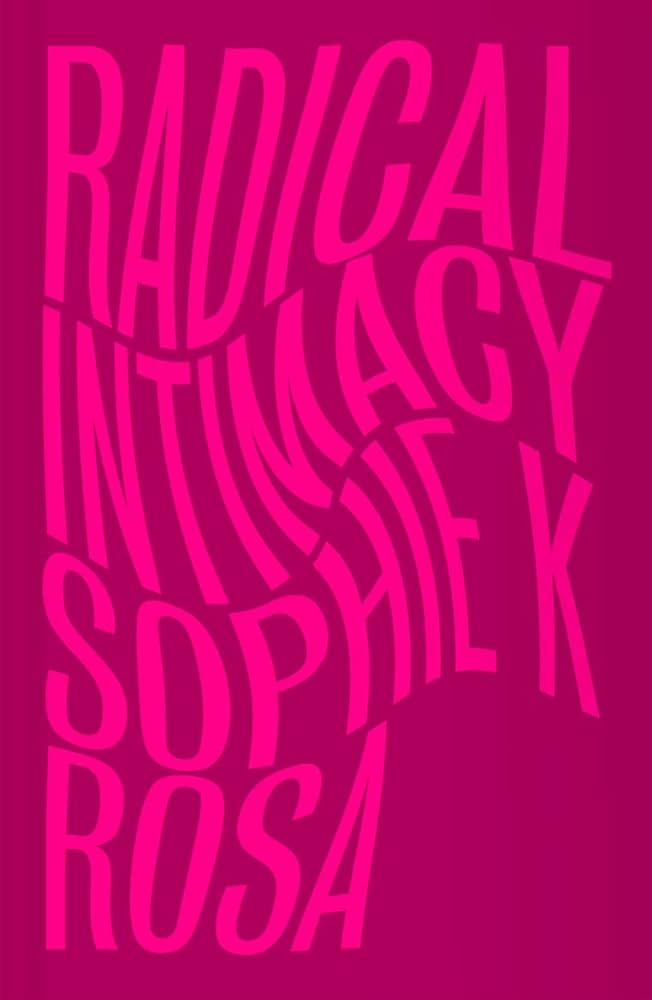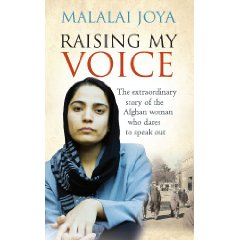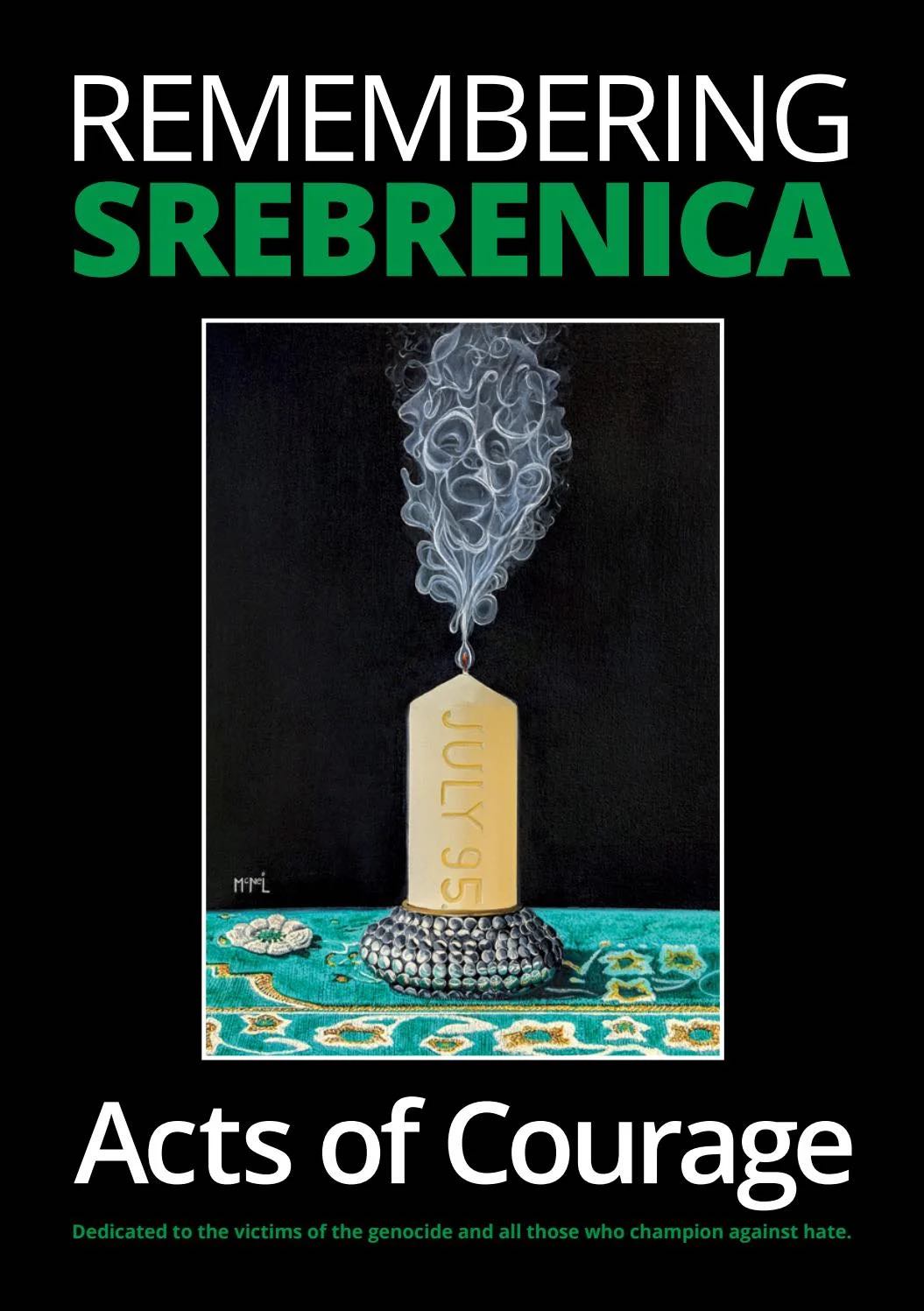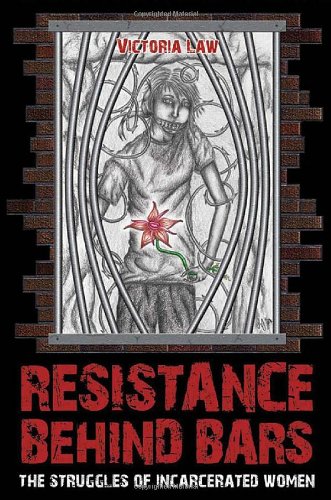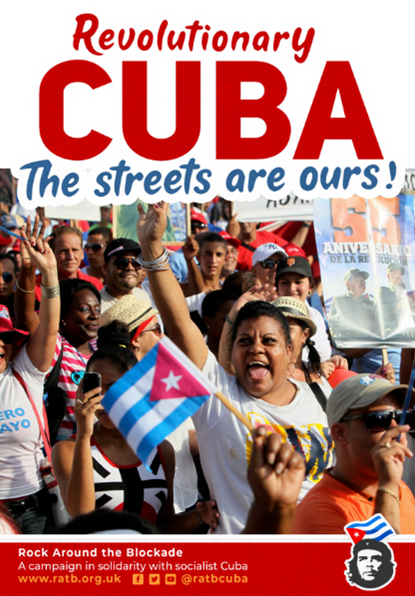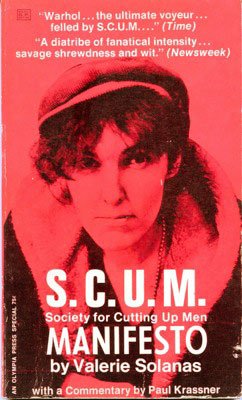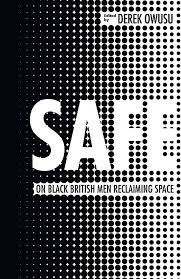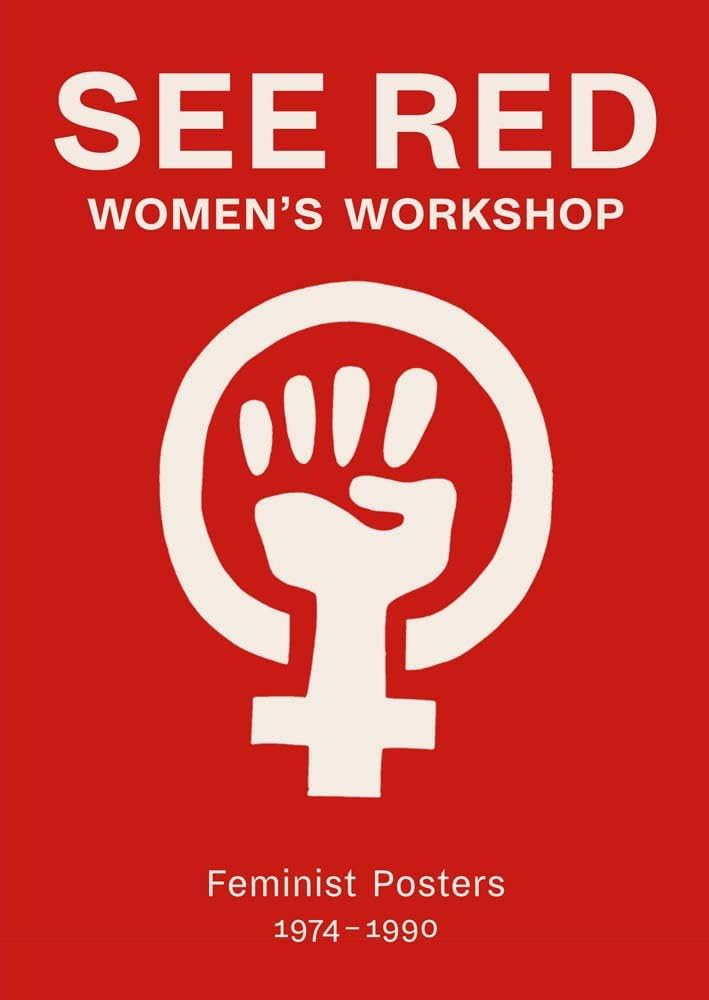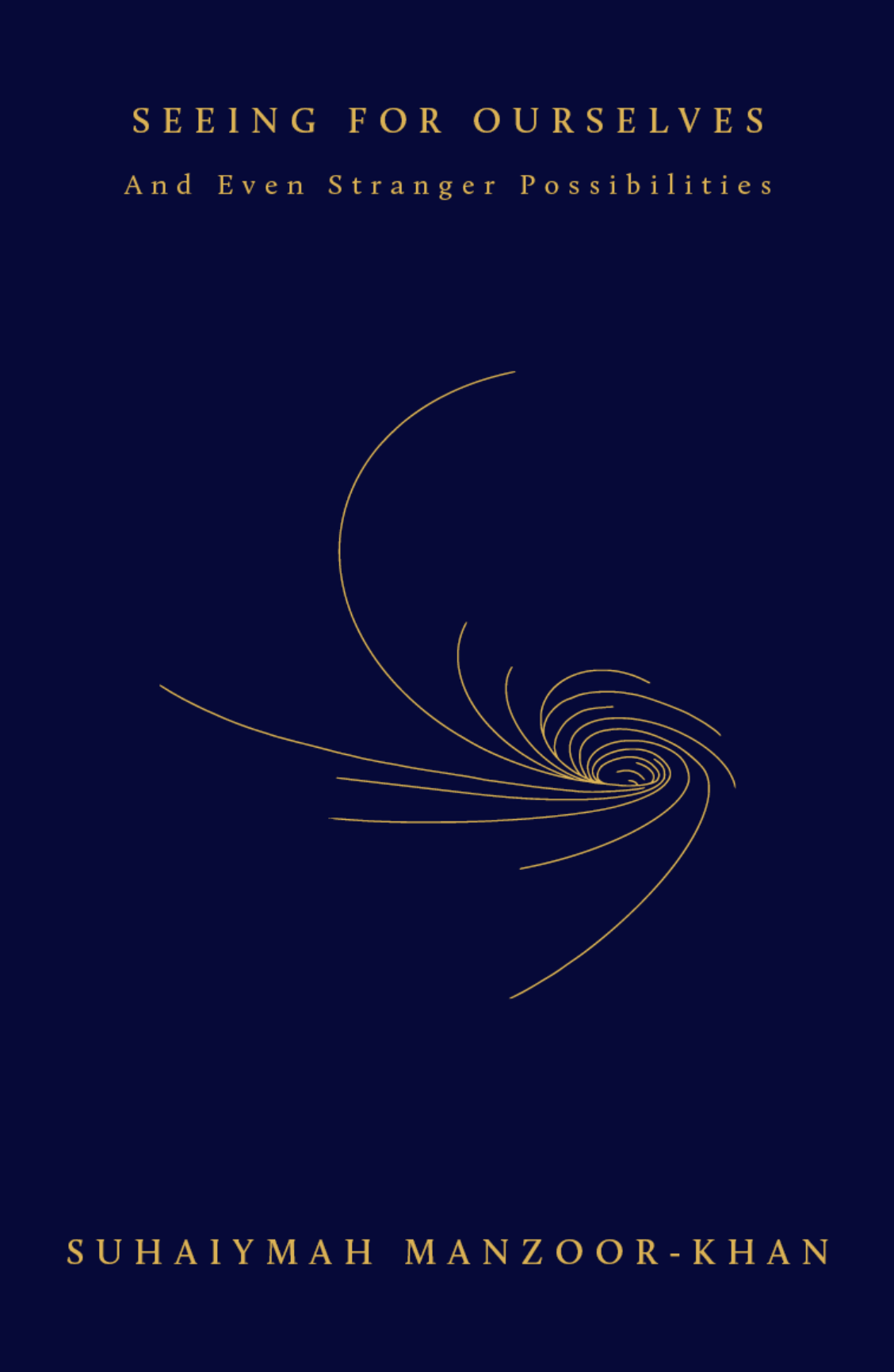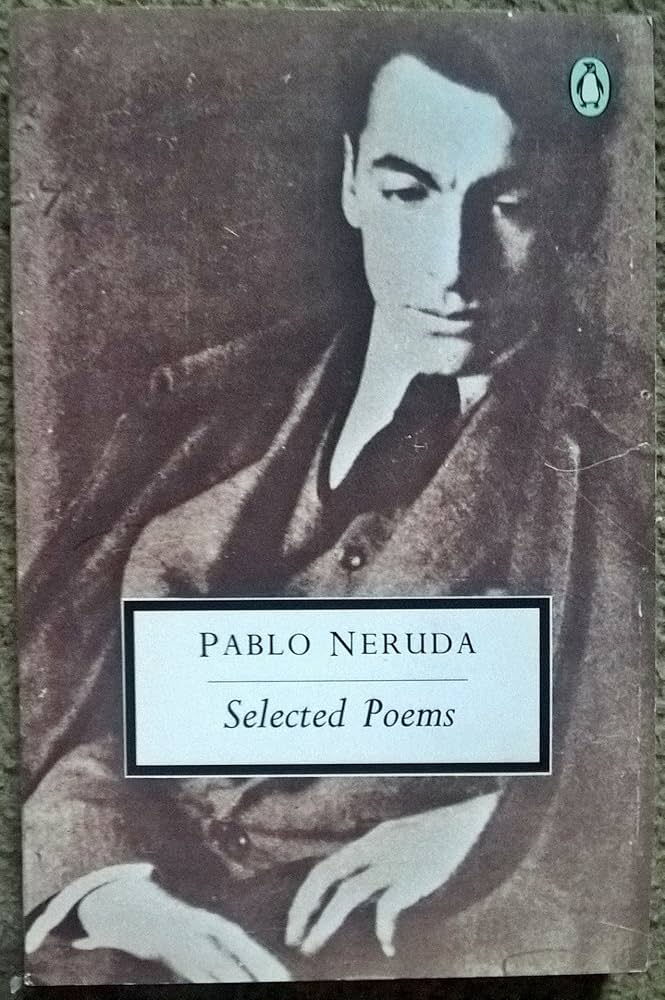Capitalist ideology wants us to believe that there is an optimal way to live. 'Making connections' means networking for work. Our emotional needs are to be fulfilled by a single romantic partner, and self-care equates to taking personal responsibility for our suffering. We must be productive and heterosexual, we must have babies and buy a house. But the kicker is most people cannot and do not want to achieve all, or any of these life goals. Instead we are left feeling atomised, exhausted and disempowered. Radical Intimacy shows that it doesn't need to be this way. A punchy and impassioned account of inspiring ideas about alternative ways to live, Sophie K Rosa demands we use our radical imagination to discover a new form of intimacy and to transform our personal lives and in turn society as a whole. Including critiques of the 'wellness' industry that ignores rising poverty rates, the mental health crisis and racist and misogynist state violence; transcending love and sex under capitalism to move towards feminist, decolonial and queer thinking; asking whether we should abolish the family; interrogating the framing of ageing and death and much more, Radical Intimacy is the compassionate antidote to a callous society.
Malalai Joya is the youngest and most famous female MP in Afghanistan, whose bravery and vision have won her an international following. She made world headlines with her very first speech, in which she courageously denounced the presence of warlords in the new Afghan government. She has spoken out for justice ever since, and for the rights of women in the country she loves. Raising My Voice shares her extraordinary story.
Born during the Russian invasion and spending her youth in refugee camps, Malalai Joya describes how she first became a political activist. When she returned to Afghanistan, the country was under the grip of the Taliban and she ran a secret school for girls. A popular MP with her constituents, she received global support when she was suspended from parliament in 2007 because of her forthright views.
Malalai Joya's work has brought her awards and death threats in equal measure. She lives in constant danger. In this gripping account, she reveals the truth about life in a country embroiled in war - especially for the women - and speaks candidly about the future of Afghanistan, a future that has implications for us all.
This publication has voices of support from leading international figures; short histories of the conflict (survivors share the road to genocide); the stories behind the statistics.
In 1974, women imprisoned at New York's maximum-security prison at Bedford Hills staged what is known as the August Rebellion. Protesting the brutal beating of a fellow prisoner, the women fought off guards, holding seven of them hostage, and took over sections of the prison. While many have heard of the 1971 Attica prison uprising, the August Rebellion remains relatively unknown even in activist circles. Resistance Behind Bars is determined to challenge and change such oversights. As it examines daily struggles against appalling prison conditions and injustices, Resistance documents both collective organizing and individual resistance among women incarcerated in the U.S. Emphasizing women's agency in resisting the conditions of their confinement through forming peer education groups, clandestinely arranging ways for children to visit mothers in distant prisons and raising public awareness about their lives, Resistance seeks to spark further discussion and research into the lives of incarcerated women and galvanize much-needed outside support for their struggles.
From the triumph of the revolution in 1959 and the huge advances for the Cuban population, to the challenges of surviving the collapse of the Soviet Union and Cuba's astounding feats in healthcare, education and internationalism, this pamphlet tells the story of revolutionary Cuba. It is written by members and supporters of Rock Around the Blockade, a campaign of the Revolutionary Communist Group, who are committed to the fight against imperialism and to building a working class movement in Britain.
Resisting 60 years of blockade and imperialist aggression, socialist Cuba continues to provide a beacon of hope and solidarity, offering an alternative to capitalist war, poverty and exploitation. Cutting through the myriad of media misrepresentation and hypocrisy, this pamphlet does not simply describe Cuba but draws out the relevance of Cuba's revolution to the global fight against capitalism, imperialism and the struggle for socialism here in Britain.
SCUM Manifesto was considered one of the most outrageous, violent and certifiably crazy tracts when it first appeared in 1968. Valerie Solanas, the woman who shot Andy Warhol, self-published this work just before her rampage against the king of Pop Art made her a household name and resulted in her confinement to a mental institution. But the Manifesto, for all its vitriol, is impossible to dismiss as just the rantings of a lesbian lunatic. In fact, the work has indisputable prescience, not only as a radical feminist analysis light-years ahead of its timepredicting artificial insemination, ATMs, a feminist uprising against under-representation in the artsbut also as a stunning testament to the rage of an abused and destitute woman.
What is the experience of Black men in Britain? With continued conversation around British identity, racism and diversity, there is no better time to explore this question and give Black British men a platform to answer it. SAFE: On Black British Men Reclaiming Space is that platform. Including essays from top poets, writers, musicians, actors and journalists, this timely and accessible book brings together a selection of powerful reflections exploring the Black British male experience and what it really means to reclaim and hold space in the landscape of our society.*
Founded in 1974, See Red Women’s Workshop grew out of a shared desire to combat sexist images of women and to create positive and challenging alternatives. Women from different backgrounds came together to make posters and calendars that tackled issues of sexuality, identity and oppression. With humour and bold graphics, they expressed the personal experiences of women as well as their role in wider struggles for change. Written by See Red members, detailing the group’s history, the book features all of their original screenprints, alongside posters commissioned for radical groups and campaigns. Confronting negative stereotypes, questioning the role of women in society, and promoting women’s self-determination, the power and energy of these images reflect an important and dynamic era of women’s liberation — and have continued relevance for today.
In memoir, vignettes, poetry and essays, Suhaiymah Manzoor-Khan records her observations from the stands at the dizzying circus of being seen and unseen. She surveys the criminalising stadium of civic life, the open-air arenas of family, friendship and grief, the performative pageantry of the public eye and the unclad secrets of the self in solitude, paying attention to what’s on show and what goes undetected. Perhaps the strangest, most exciting possibilities are opened when we surrender to another kind of sight. Submitting to the gaze of the Unseen and the All-Seeing, Manzoor-Khan invites us to close our eyes and discover what it would mean to look with our souls instead.

